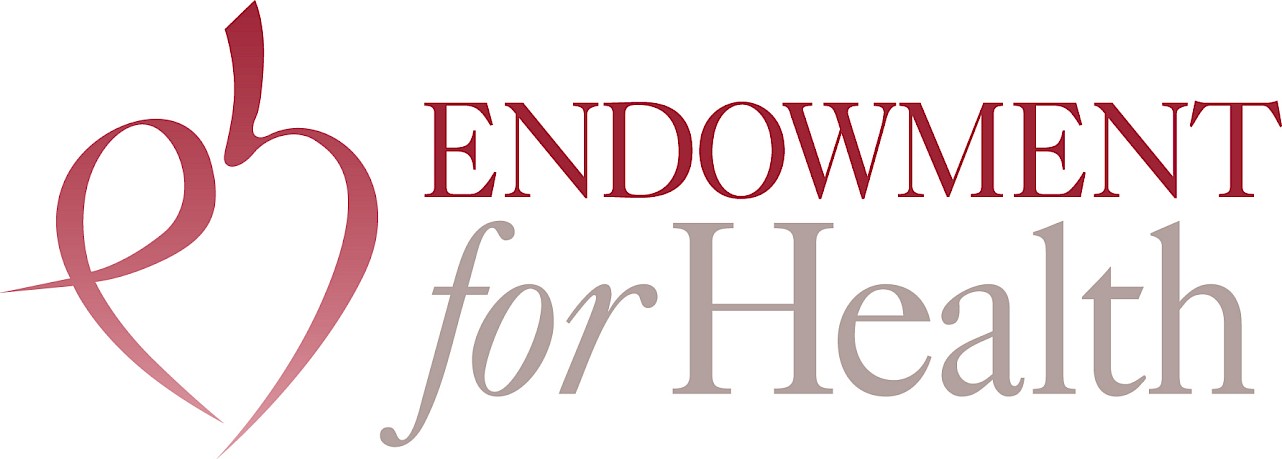DCYF defines a substantiated assessment as "one that is closed with at least one founded allegation of child abuse or neglect where DCYF has determined that there is a preponderance of evidence to believe that a child has been abused and/or neglected."
2022 Assessments data, in the table, are from the DCYF 2022 Data Book. Data in charts from 2021 and 2022 are from federal Child Welfare Outcomes Report Data; New Hampshire data can be found here. Data from 2018-2020 provided by direct request to NH Department of Children, Youth and Families. 2014-2017 data were provided by New Hampshire Kids Count's analysis of New Hampshire Department of Health and Human Services data. 2013 rates from Kids Count Data Center.
